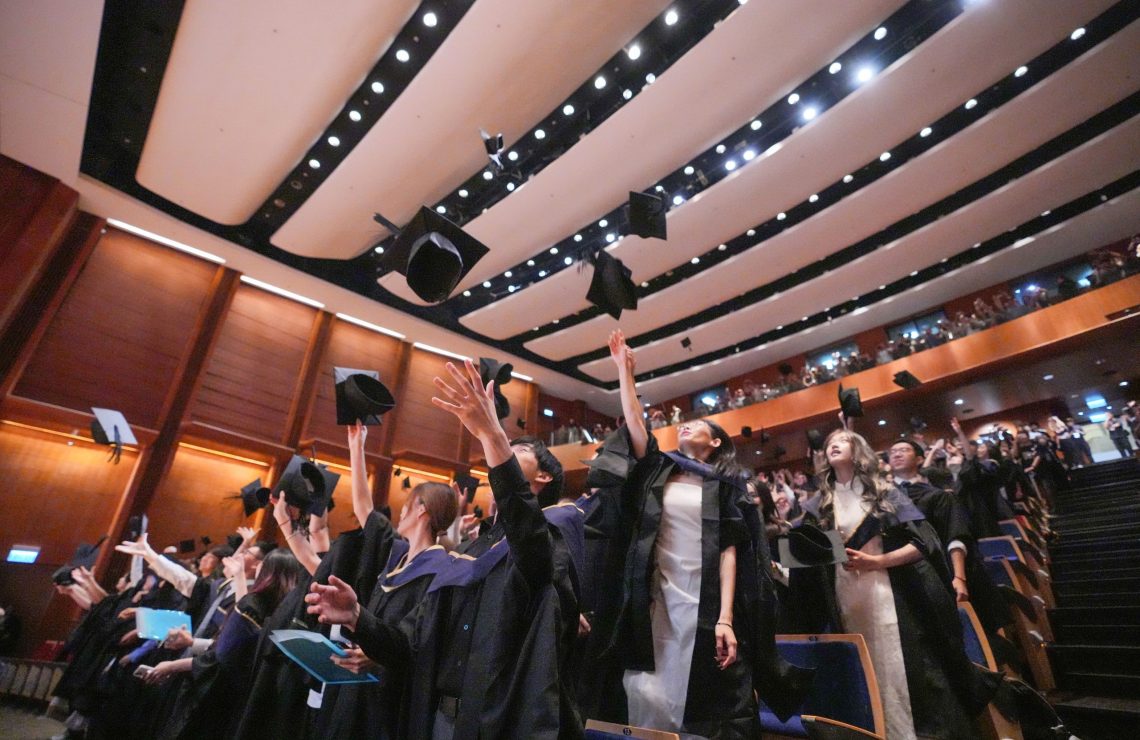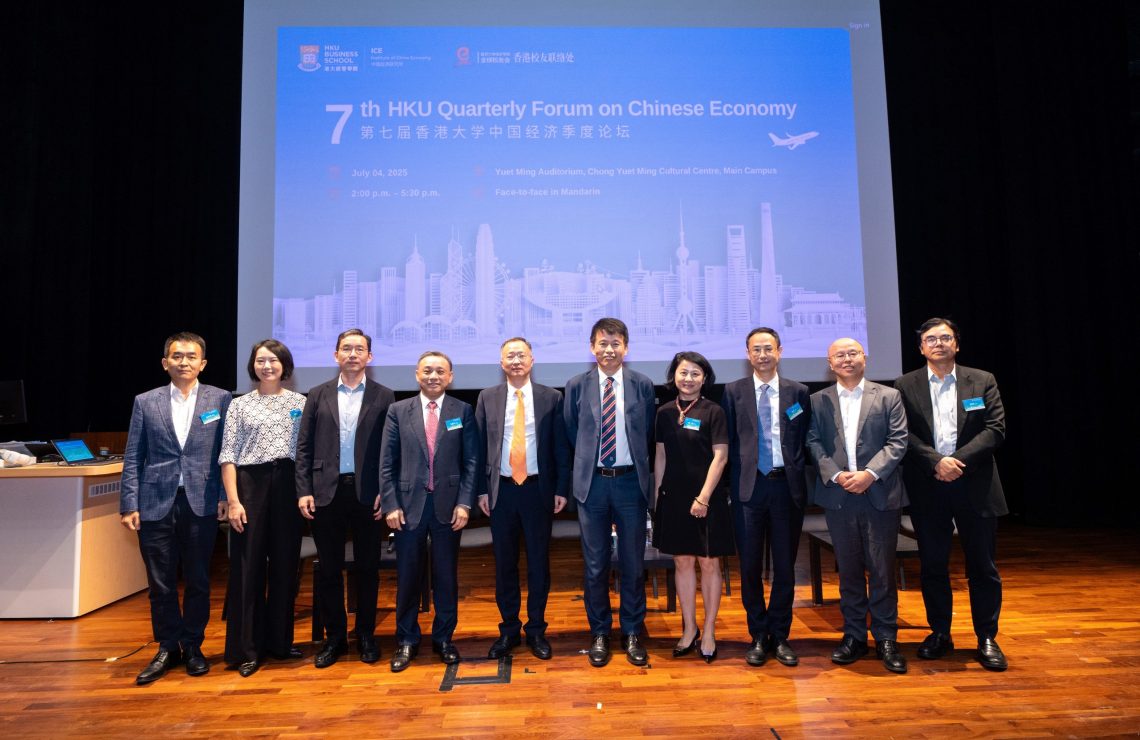
Invest or Save – How does Multinational Firms face off Foreign Exchange Risks?
Since the collapse of the Bretton Woods System in the 1970s, the international foreign exchange rate (FX) system has entered an era of floating rates, making FX volatility one of the major international trading risks. With the acceleration of globalisation and expansion of the global supply chains since the 1990s, FX risk has also become increasingly significant to the investment, trading, and financing activities of multinational firms (MNCs).
Realising that there is a lack of empirical research studying the real effects of FX risks on corporate investments, Dr. Zigan Wang, Assistant Professor in Finance from HKU Business School had partnered with Professor Mark P. Tylor from the Olin School of Business, Washington University in St. Louis and Dr. Qi Xu from the School of Economics and Academy of Financial Research, Zhejiang University, to research on the capital expenditure data of 4082 MNCs from 44 countries between 1987-2017.
Contextualising their research on FX risks events including the shift from fixed to floating FX of a particular economy, and the downgrades of sovereign debts, the team discovers that FX risk does negatively and significantly affect the capital expenditure of MNCs. As one standard deviation increase in FX risk is followed by a 2.9% decline in the ratio of capital expenditure to the beginning-of-year total assets. The negative relationship is also stronger for MNCs that are operating in countries with a higher level of economic openness (economies that are more engaged in international trades), but the risk they face can be hedged with the actively use of currency derivatives.
Dr. Wang explains that there are two non-mutually exclusive rationales behind the negative relationship between FX risks and corporate investments. As MNCs are rational actors, when there is evidence that FX volatility is increasing, they will realise that the real option value of deferring or partially deferring their investments is higher than the opportunity cost of continuing their investments.
Against this backdrop, MNCs will also increase their precautionary savings to sustain their day-to-day business operations. one standard deviation increase of FX risk is associated with a 1.6% increase in their cash holdings ratio. This behaviour is more significant among MNCs that are more financial constrained. Another interesting finding is that over long-term horizons, FX risk on investments only appears in the single next year, followed by a partial reversal in the second year, and the effect disappears after the third year.
This research is one of the first papers that explore the potential impacts of FX risks on the investment behaviours of MNCs. Moreover, the increasing likelihood of RMB internationalisation, and the development and implementation of central bank digital currencies around the world, are unneglectable factors that could potentially cause huge FX volatility issues in the future. That said, the findings of this paper will remain relevant for years to come.







